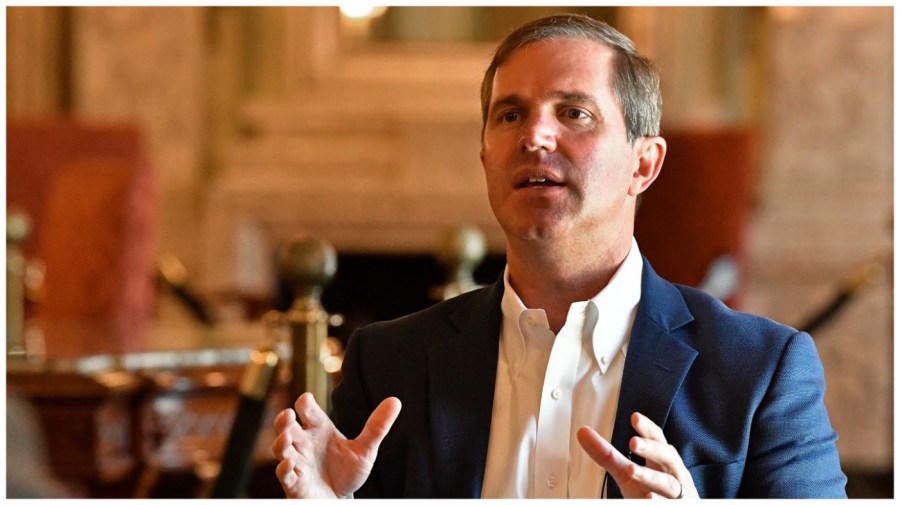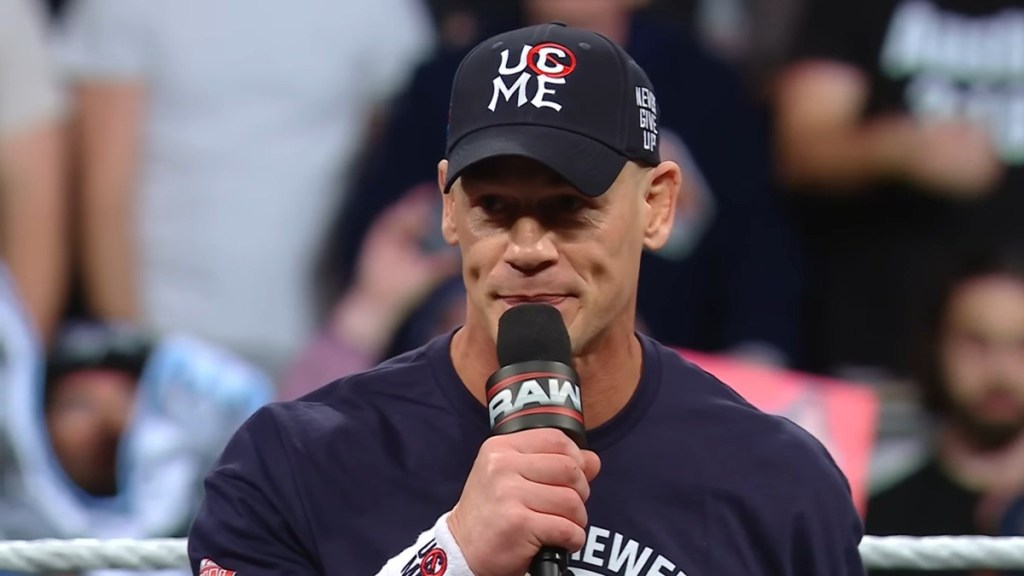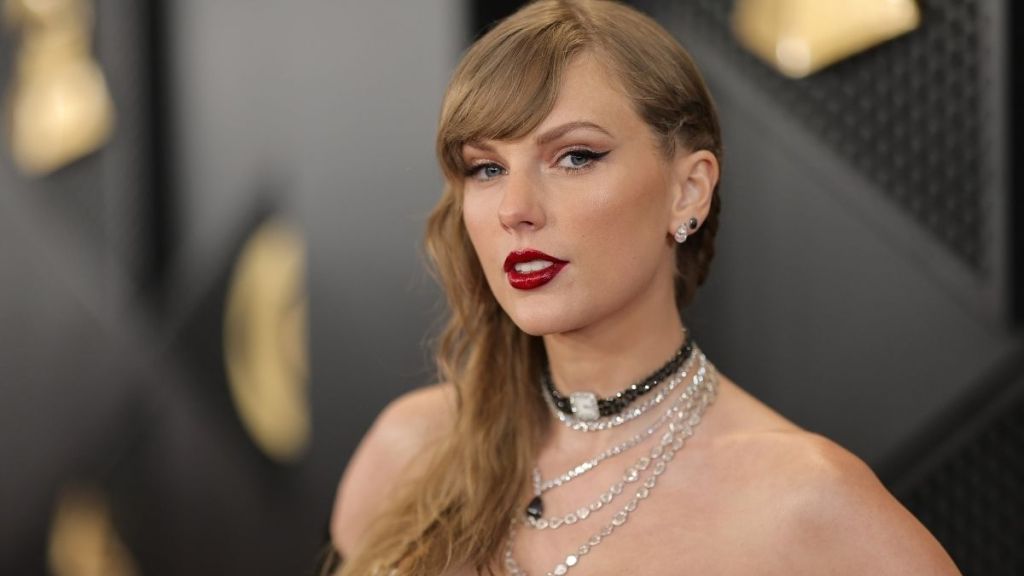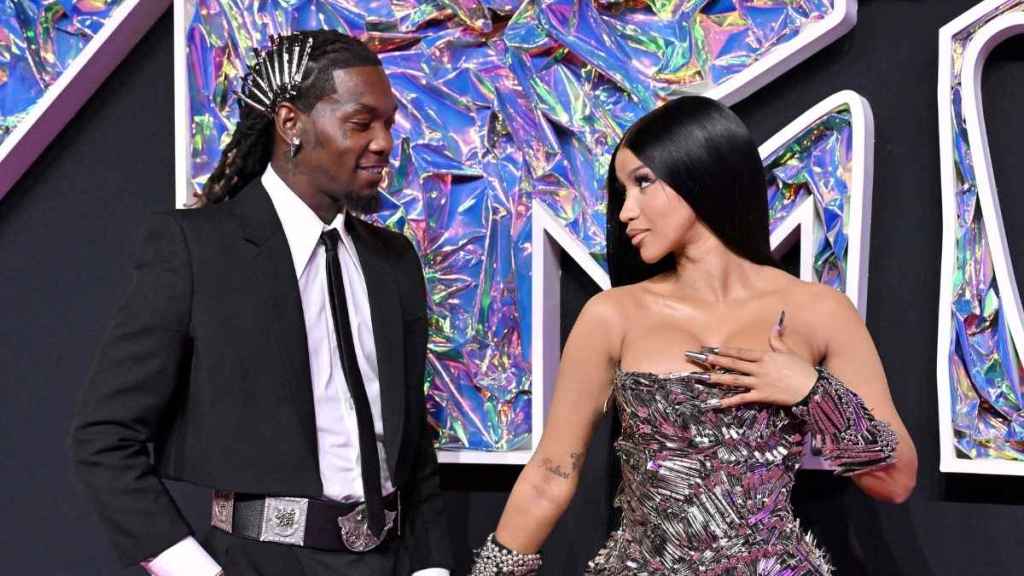Democrats Leverage Trump’s Controversial Bill Ahead of Midterms

Democrats are seizing what they perceive as a political advantage with President Trump’s “Big Beautiful Bill.” The legislation, which includes cuts to Medicaid and food stamps alongside significant tax breaks for the wealthy, is being framed by Democrats as a threat to working-class voters. “This is a rare policy gift to Democrats in that it was perpetrated by Republicans, harms almost everybody, and it’s actually relatively easy to talk about,” said Democratic strategist Christy Setzer.
With this in mind, Democratic campaign operatives, supported by liberal advocacy groups, have initiated a messaging blitz likely to continue until Election Day. On Monday, the House Democrats’ campaign arm launched its first national digital ad campaign of the year, targeting 35 battleground Republicans who voted for Trump’s bill despite concerns over Medicaid cuts. In parallel, the House Democrats’ top super PAC is preparing a new round of ads—a six-figure mix of television and digital—that will launch in the coming weeks.
Ad Campaigns and Strategic Messaging
Unrig the Economy, an outside advocacy group, has joined the effort with a seven-figure ad blitz targeting 12 vulnerable Republicans, with plans to spend an additional $10 million in the coming months. The ads focus on three contentious provisions of the GOP bill: cuts to health and nutrition programs and a rollback of green-energy subsidies expected to increase utility costs nationwide.
“Those are the three arguments that we see as the ones that hurt people the most, and the place that Republicans are most vulnerable to accountability,” a spokesperson for the group said Tuesday. This strategy echoes the Republican attacks on the Affordable Care Act, another contentious bill that was unpopular when Democrats passed it under President Obama in 2010. Months later, Republicans gained 63 House seats, a goal Democrats are aiming for in next year’s midterms.
Political Reactions and Implications
Meanwhile, the campaign extends beyond Capitol Hill. Kentucky Governor Andy Beshear, considering a 2028 presidential bid, has already begun using the controversial legislation as a talking point for next year’s elections. “Next year, I’ll also be the head of the Democratic Governors Association, and especially in these rural states, where Republican governors have not spoken up whatsoever to stop this devastating bill, we’re going to have strong candidates, we’re going to win a lot of elections,” Beshear stated in a CNN interview.
On the other side, Republicans are preparing to defend the bill, highlighting the tax cuts as a benefit for workers and the immigration crackdown as a boost for public safety. “National Democrats’ desperate and disgusting fear-mongering tactics are nothing more than a lame attempt to distract voters from the fact that they just voted to raise taxes, kill jobs, gut national security, and allow wide open borders,” said Mike Marinella, a spokesman for the House Republicans’ campaign arm.
Challenges and Future Prospects
However, some Republicans have inadvertently provided Democrats with soundbites for their campaigns. “What do I tell 663,000 people in two years or three years when President Trump breaks his promise by pushing them off of Medicaid because the funding isn’t there anymore?” questioned Sen. Thom Tillis (R-N.C.), one of the three GOP senators to oppose the bill. His remarks have been cited by Senate Minority Leader Chuck Schumer in arguments against the bill.
“When you have even Republicans saying it on the record, it kind of rebuts any argument that the NRCC’s gonna try to make,” said a Democratic operative. “I think you will definitely see Thom Tillis in campaign ads—or his words, at minimum.”
Following the bill’s passage, Democrats are pointing to polling that suggests favorable outcomes in 2026. A Quinnipiac University poll from late June showed 55 percent of voters oppose the “Big Beautiful Bill,” and a Fox News poll last month indicated 59 percent opposition.
Democratic Strategy and Messaging
Despite these advantages, some Democrats worry that merely defining Republicans with the bill may not suffice. They argue that the party needs a cohesive agenda to present to voters. “Democrats have done a good job defining the bill as being bad for regular people. The Democrats have to do better at making an argument that they have an agenda that will challenge the status quo on behalf of working people to make their lives better,” said Democratic strategist Jamal Simmons.
Timing also presents a challenge, as some provisions of the law, like tax cuts, will take effect before the midterms, while cuts to Medicaid and food stamps are delayed until January 2027. “It will be harder to show someone who has lost his or her health care. Instead, they’ll have to talk about who’s at risk,” Simmons noted.
Regardless, Democrats agree that the bill’s impacts must be communicated at the local level, with stories of voters who are at risk or already affected. They point to a rural hospital in Nebraska closing its doors due to the impending Medicaid cuts. “You might see rural hospitals closing a little bit sooner. It’s got to be about rural hospitals that were open and this month they’re closed because of what Donald Trump and Republicans did,” said Democratic strategist Joel Payne.
“This can’t be a Washington, inside-the-Beltway story. This has to be a story that’s told all around the country,” Payne added.
In recent years, political observers note that Democrats have struggled to reach broader audiences, as seen in their inability to connect with middle-income voters in the 2024 presidential election. However, they believe the time is ripe for Democrats to expand their messaging strategies.
“We have a messengers problem. We have a message problem. We don’t actually have a substance problem right now,” Setzer said. “We have a very important piece of legislation to run against right now that is very wide-ranging in its impact. So they need to expand who they are talking to…and expand the platforms on which we are talking to people.”
“In every electoral victory that we’ve seen lately, whether it is Donald Trump or Mamdani, you see someone who is willing to branch out in the platforms that they’re going to,” Setzer added.






